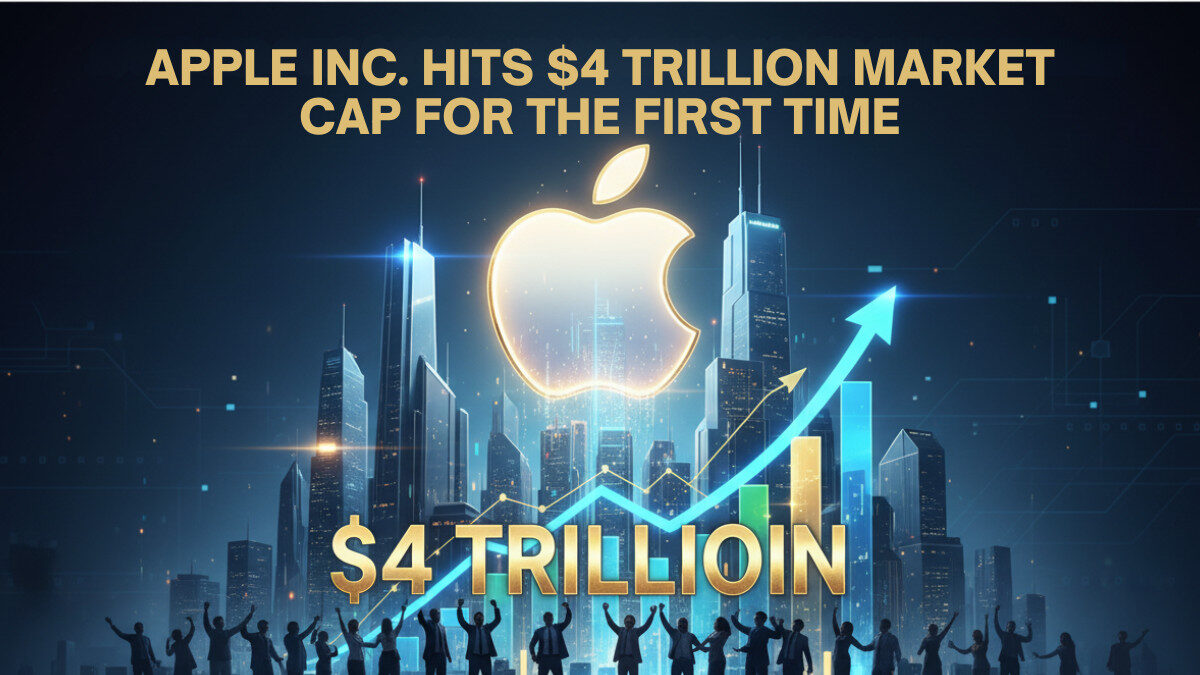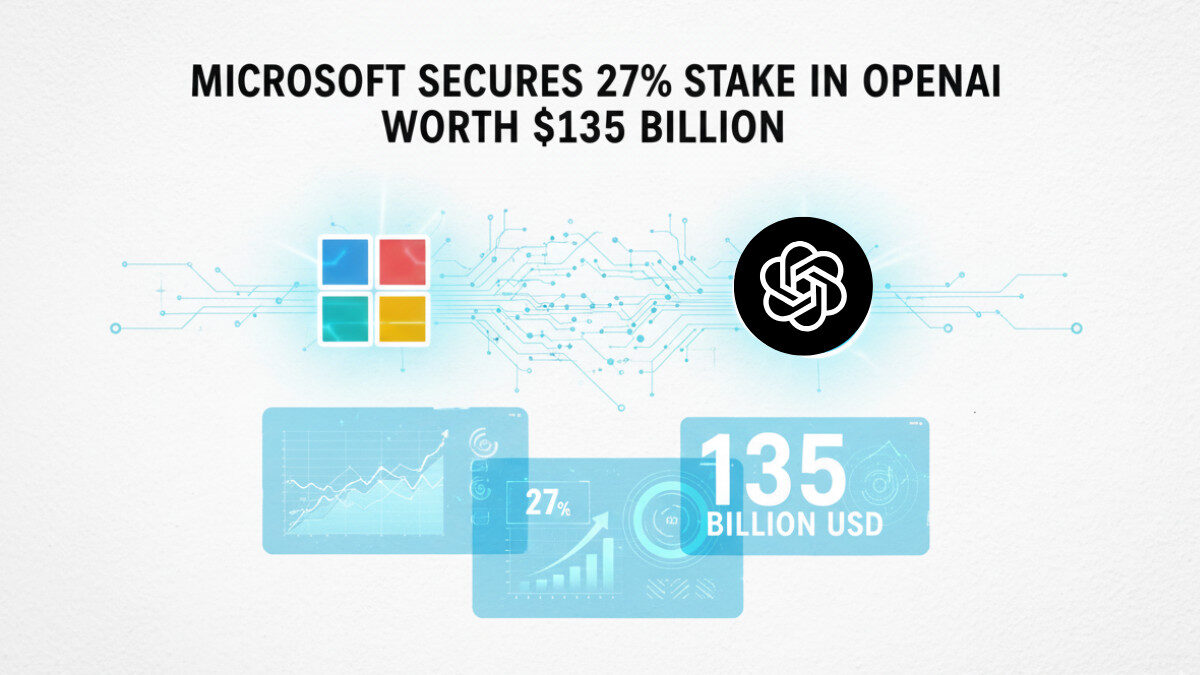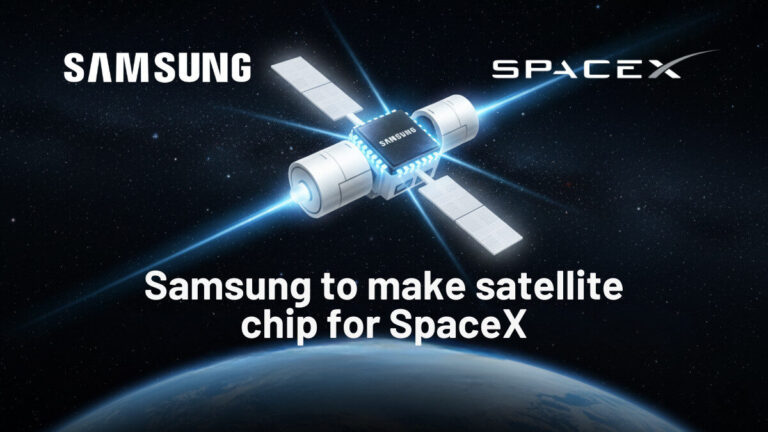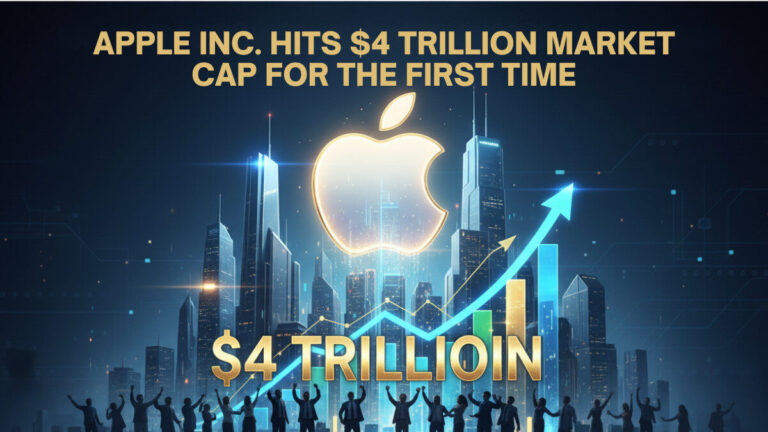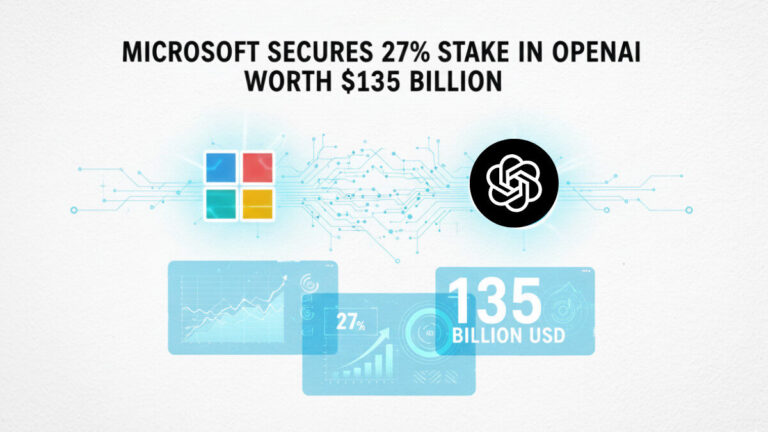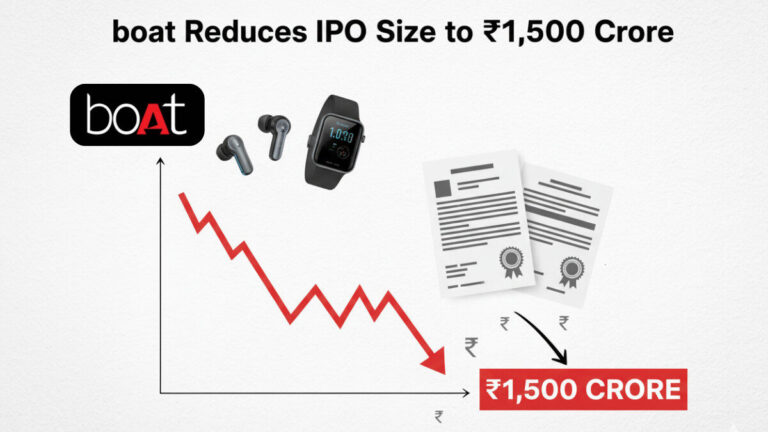Apple has officially unveiled the N1 chip, its first-ever in-house networking processor designed exclusively for iPhones. The move marks another big step in Apple’s strategy to reduce reliance on third-party suppliers and gain more control over its hardware ecosystem.
A New Era of Networking for iPhones
The N1 chip is built to handle cellular, Wi-Fi, and Bluetooth connectivity with improved performance, lower latency, and higher power efficiency. According to industry experts, Apple’s custom design could provide faster download speeds, smoother video calls, and stronger wireless connections in crowded areas.
Why This Matters
Until now, Apple has depended on companies like Qualcomm for modems and networking chips. By launching the N1, Apple is signalling its push toward vertical integration—building everything from processors to networking components in-house. This not only gives Apple more independence but also helps optimise the chip to work seamlessly with the iPhone’s A-series and upcoming M-series processors.
Potential Advantages for iPhone Users
- Better 5G experience with reduced dropouts.
- Longer battery life due to improved energy efficiency.
- Faster Wi-Fi 7 support, paving the way for next-gen connectivity.
- Tighter security through Apple’s custom encryption features.
Industry Impact
Apple’s entry into networking chips could shake up the market, challenging Qualcomm, Broadcom, and other leading suppliers. Analysts believe that over time, Apple might expand the N1 chip across its entire product lineup, including iPads, MacBooks, and wearables.
Looking Ahead
The N1 networking chip is expected to debut with the upcoming iPhone 17 series, giving Apple fans a taste of faster, more reliable connectivity. While real-world performance remains to be tested, this move underscores Apple’s long-term vision of building an end-to-end tech ecosystem under its own control.
Summary Table
| Feature/Aspect | Details |
|---|---|
| Chip Name | Apple N1 |
| Category | Networking chip (5G, Wi-Fi, Bluetooth) |
| First Use | Expected in iPhone 17 series |
| Key Benefits | Faster 5G, Wi-Fi 7 support, lower latency, longer battery life |
| Strategic Move | Reduces reliance on Qualcomm & others |
| Future Expansion | Likely to iPads, MacBooks, and wearables |
| Security Enhancements | Built-in Apple encryption for safer connectivity |
| Market Impact | Expected in the iPhone 17 series |



